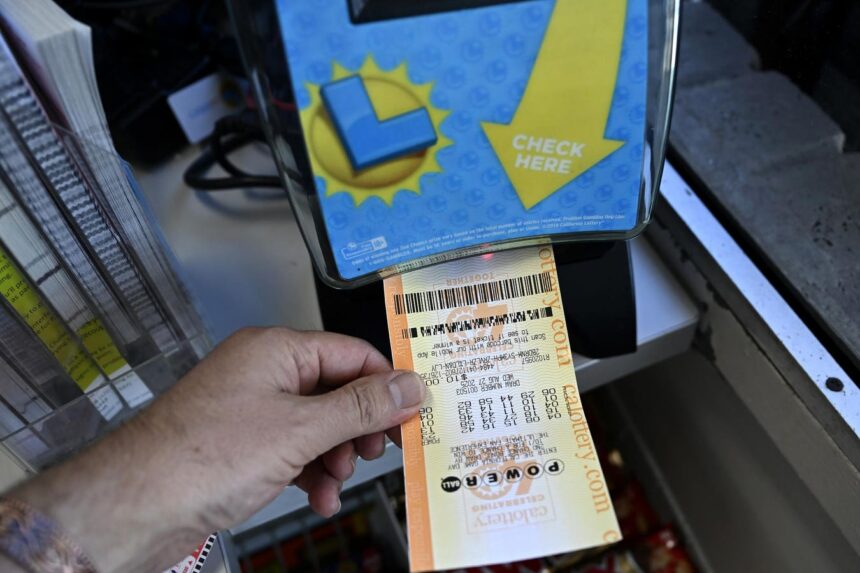The Powerball jackpot has escalated to an astonishing $1.7 billion, marking it as the third-largest lottery prize ever recorded. This surge follows Wednesday night’s drawing, wherein no ticket matched the drawn numbers. The latest results revealed the six numbers as 3, 16, 29, 61, 69, and the red Powerball 22.
If a winner claims the upcoming draw, they will face a crucial decision: accepting the $1.7 billion prize spread over 30 yearly payments or opting for a lump-sum payout of $770.3 million. Should the winner choose the lump sum, a mandatory federal withholding tax of 24% will apply, lowering their immediate take-home amount to approximately $585.4 million. Depending on their overall taxable income, a marginal federal tax rate of up to 37% could further diminish their winnings to around $485.3 million.
Conversely, those electing the annual payment option would initially receive about $56.6 million per year. However, this amount would shrink to around $35.6 million after accounting for the top federal tax rate.
State taxes could also play a significant role in the eventual payout. Certain states, like New York, impose taxes on lottery winnings at a rate of 10.9%, while others, including Texas, Florida, and California, do not levy any state taxes on winnings.
The next Powerball drawing is scheduled for Saturday night. Should there be no winner again, the prize will continue to grow, potentially exceeding the largest jackpot projected for 2024. In the meantime, the Mega Millions lottery, which is set for a drawing on Friday, currently boasts a jackpot of $336 million.
Looking back, the upcoming Powerball winner would claim the largest lottery prize since October 2023, when a single ticket from California hit a staggering $1.765 billion winnings. Earlier in 2023, a California ticket secured $526.5 million, marking it as the year’s most significant lottery win to date. Notably, the record for the largest lottery prize remains at $2.04 billion, also won by a California resident in November 2022.
For a chance to claim this monumental jackpot, a Powerball ticket buyer must navigate the daunting odds of 1 in 292.2 million, which are slightly steeper than the Mega Millions odds, set at 1 in 290.4 million. Despite improvements made to the Mega Millions odds earlier this year, they still remain better than those for Powerball, making it a challenging endeavor for hopeful players.







